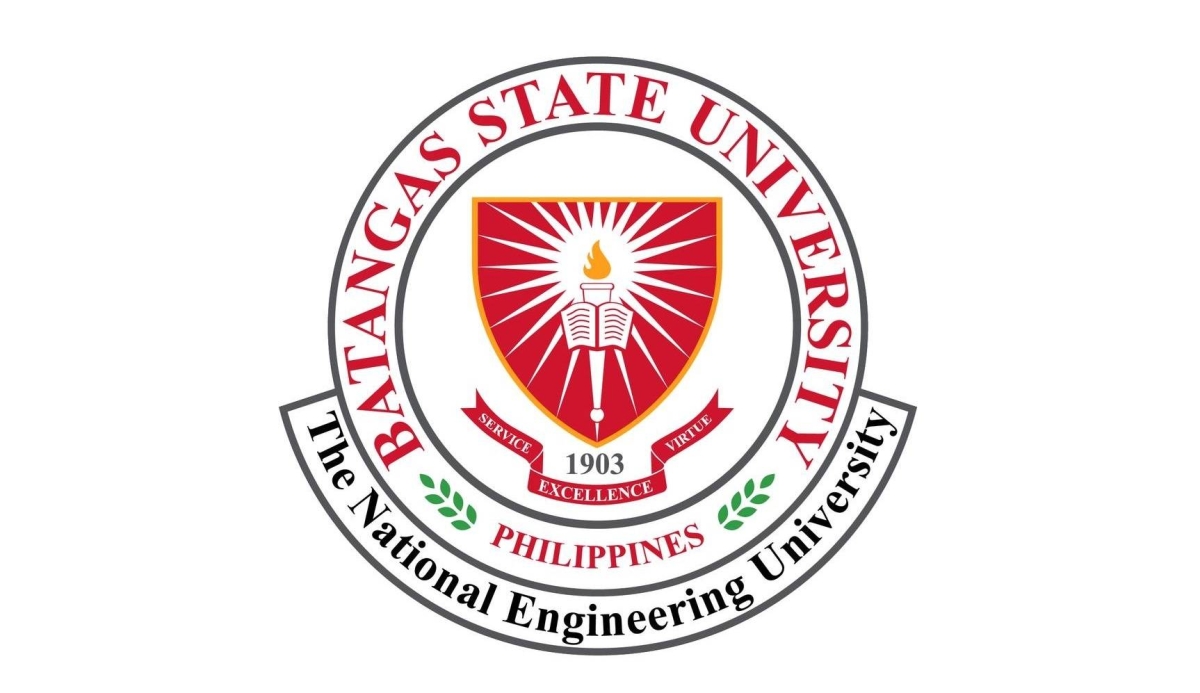On Saturday, February 24, 2024, Batangas State University was faced with a serious security concern that led to the decision of holding virtual classes. The university received a text message around 10:30 a.m. through the Supreme Student Council, warning of the presence of “high performing bombs” planted within the campus premises.
El Jay Ilasin, an Accountancy student and the editor-in-chief of the school’s The Lathe Newsletter, shared with The Manila Times that the message created panic among the students and staff. The Office of the Chancellor promptly responded by instructing everyone to evacuate the campus for their safety.
In situations like these, the safety and well-being of the students and staff are of utmost importance. The university’s swift action in ordering the evacuation and transitioning to virtual classes demonstrates their commitment to ensuring the security of their community.
It is worth noting that bomb threats are taken very seriously and treated as potential threats to public safety. Even though no actual bomb was found on the premises, the authorities are conducting a thorough investigation to identify the source of the threat and prevent any future incidents.
In today’s world, bomb threats have unfortunately become a reality that educational institutions and organizations have to face. Such incidents disrupt the normal course of operations and create fear and anxiety among the people involved. It is crucial for institutions to have well-defined protocols and procedures in place to handle such threats effectively and efficiently.
By swiftly transitioning to virtual classes, Batangas State University ensured that the students’ education was not compromised despite the disruption caused by the bomb threat. Virtual classes provide a safe and secure environment for learning, allowing students to continue their studies without any unnecessary risks.
This incident serves as a reminder of the importance of maintaining a strong security infrastructure within educational institutions. It is essential for universities and colleges to invest in security measures such as surveillance systems, emergency response plans, and regular drills to ensure the safety of their students, faculty, and staff.
Additionally, it is crucial for students, staff, and the broader community to remain vigilant and report any suspicious activities or threats immediately. Security is a collective responsibility, and everyone plays a role in maintaining a safe environment.
In conclusion, the bomb threat at Batangas State University on February 24, 2024, highlighted the need for robust security protocols and procedures within educational institutions. The swift response and decision to hold virtual classes ensured the safety of the students and staff while allowing uninterrupted learning to take place. It is important for all educational institutions to prioritize the safety and well-being of their community and take necessary measures to prevent and respond to such threats effectively.







